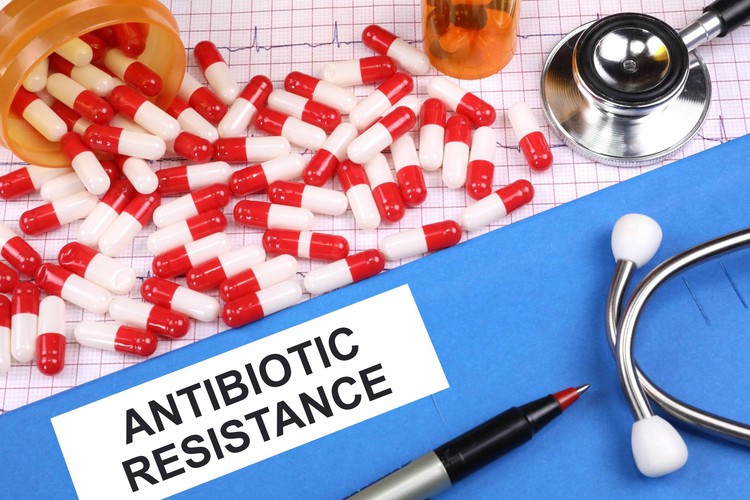South Africa needs to do more to tackle antimicrobial resistance, warn experts
This is a “pandemic which is wreaking havoc, is not being attended to properly and not being taken seriously enough”
Image: Nick Youngson CC BY-SA 3.0 Pix4free.org
A group of infectious disease and public health experts are calling on the Department of Health and Minister Aaron Motsoaledi to reintroduce a national action plan addressing antimicrobial resistance (AMR).
An open letter from over 70 doctors, scientists and public health advisors states that antibiotic resistance is becoming a “growing threat” in the country and poses a threat to universal health coverage through the National Health Insurance.
Latest figures show that over one-million deaths a year worldwide are directly caused by AMR. This number is projected to increase. Nearly five-million people die with an antibiotic-resistant infection. Over the next 25 years, nearly 40-million people are projected to die from AMR.
The second edition of the South African Antimicrobial Resistance National Strategy Framework, from 2018-2024, has expired. The plan acknowledged that antimicrobial resistance is “a serious and growing global health security risk”.
The open letter also called on the department to reinstate a ministerial advisory committee on AMR or to establish a similar scientific body.
“The lack of a robust scientific advisory body limits the government’s capacity to develop evidence-based policies,” the letter reads. The establishment of a scientific body would “empower the government to make strategic, data-driven decisions to combat this pressing health threat effectively”.
The former Ministerial Advisory Committee was disbanded in November 2023.
Marc Mendelson, an infectious disease specialist at Groote Schuur Hospital who has been outspoken about the threat of AMR for many years, said: “AMR is a current pandemic which is wreaking havoc, is not being attended to properly and not being taken seriously enough in South Africa.”
Mendelson said that there are “more and more people having to be treated for highly resistant bacterial infections in our healthcare system”. AMR leads to an increase in morbidity, mortality, hospital costs, and also has socio-economic consequences, he said. Common medical interventions such as surgery “becomes much riskier” with AMR.
Department of Health spokesperson Foster Mohale said that the department would only comment once the letter was formally presented, which is expected to happen at 5pm on Thursday.
Support independent journalism
Donate using Payfast

Don't miss out on the latest news
We respect your privacy, and promise we won't spam you.
Next: Darling Street families in limbo after eviction case postponed
Previous: Mozambique: These are the children the United States left to die
Letters
Dear Editor
All but one of the links on the AMR section of the Department of Health's Knowledge Hub are dead:
https://knowledgehub.health.gov.za/content/antimicrobial-resistance
The NICD's Antimicrobial Resistance Surveillance Dashboard is functional but not user-friendly:
https://www.nicd.ac.za/anti-microbial-resistance-surveillance-dashboard/
Any national action plan needs to take the need for effective and current online AMR-related information seriously, including applying usability and accessibility expertise to the design of materials and web sites.
In the meantime the least the Department of Health can do is either correct the dead links or remove the page entirely.
© 2025 GroundUp. This article is licensed under a Creative Commons Attribution-NoDerivatives 4.0 International License.
You may republish this article, so long as you credit the authors and GroundUp, and do not change the text. Please include a link back to the original article.
We put an invisible pixel in the article so that we can count traffic to republishers. All analytics tools are solely on our servers. We do not give our logs to any third party. Logs are deleted after two weeks. We do not use any IP address identifying information except to count regional traffic. We are solely interested in counting hits, not tracking users. If you republish, please do not delete the invisible pixel.

